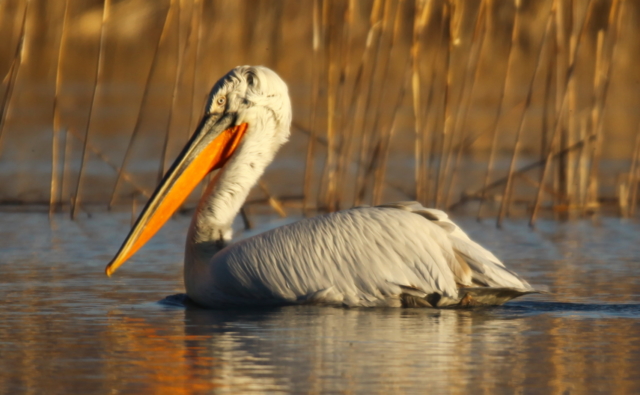Luc Hoffmann was born 100 hundred years ago in Basel. He was a passionate ornithologist, a tireless defender of the environment in general and of wetlands in particular, a philanthropist and the founding father of numerous initiatives and organisations, including the Tour du Valat.
Luc Hoffmann (1923-2016)
A visionary who throughout his life contributed greatly to the knowledge and preservation of wetlands around the world.
|
The centenary of Luc Hoffmann’s birth is an opportunity to look back at how far we have come for wetlands
Over the past century, the status of wetlands has changed radically, thanks to the efforts of the scientific community, civil society and a few visionary politicians. Once perceived as unhealthy, a source of nuisance for populations and an area to be “developed” through drainage and polderisation, they have, more than any other ecosystem, suffered the onslaught of agricultural and urban development to the point of declining by nearly 90% worldwide since the 18th century.
However, the way our societies view wetlands has gradually changed. From the 1960s onwards, as scientific knowledge accumulated on their key role for a vast range of animal and plant species and on the countless services they provide, the legal and political measures protecting them, both nationally and internationally, were developed. The adoption of the Ramsar Convention in 1971 played a key role in this, and the new global biodiversity framework adopted in Montreal in last December is an additional asset. Today, wetlands are widely perceived for what they are: precious reservoirs of biodiversity, great providers of Nature-based Solutions, especially in the face of climate change, whether for mitigation or adaptation.
There is still a long way to go to reverse the global trend of wetland degradation, which is continuing at far too high a rate. But now we know, we have the knowledge and the necessary levers, so together let’s redouble our efforts to complete the work of the precursors!






